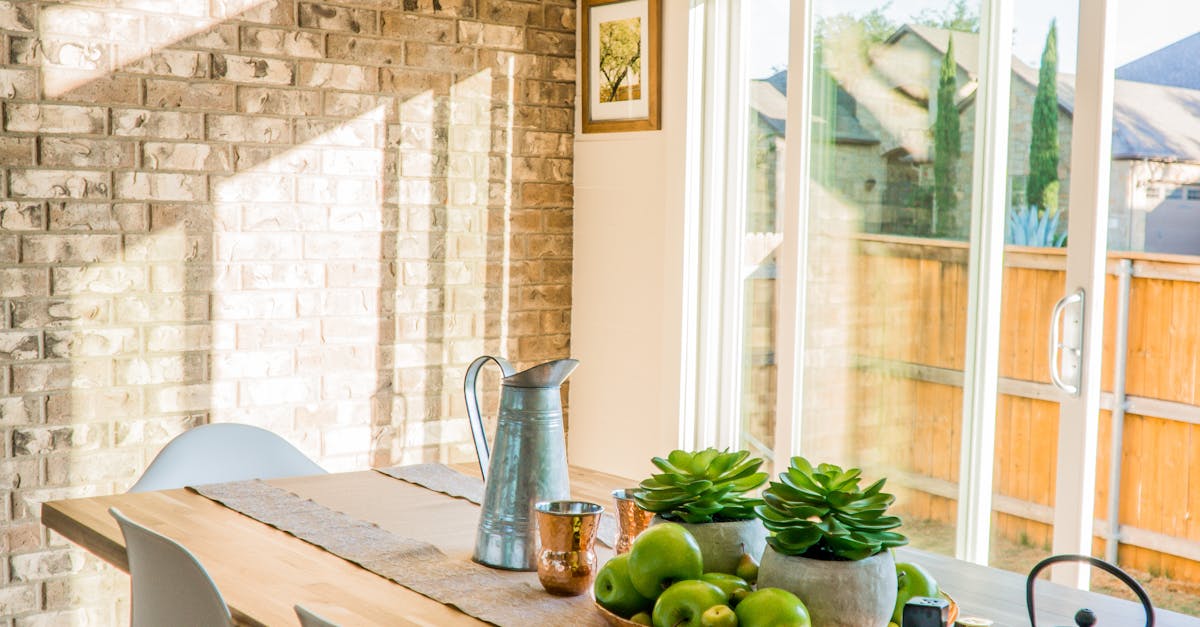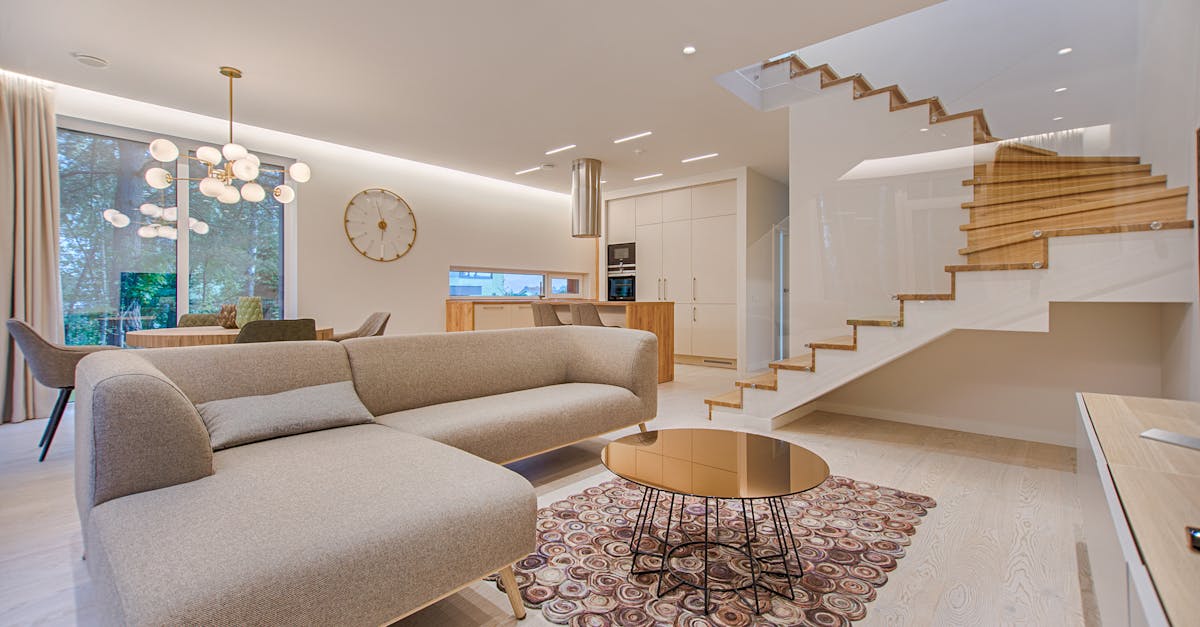
Table Of Contents
Time Efficiency
When considering the time efficiency of rekeying versus purchasing new locks, it is important to evaluate the specific needs of the situation. Rekeying a lock can be a faster process than replacing the entire lock mechanism. Locksmiths can generally rekey a lock within a shorter timeframe compared to installing new locks. On average, a locksmith can complete lock installation in approximately half an hour per lock when replacing the locks entirely. However, rekeying a lock can often be completed in a shorter time frame, typically around 15 to 20 minutes per lock. This faster process can be advantageous for individuals who require immediate changes to their property's security.
Moreover, the time efficiency of lock replacement largely depends on the number of locks that need to be addressed. If there are multiple locks that require updating, opting for new lock installation can become a more time-consuming task compared to rekeying. For instance, when multiple locks need replacement, each lock will require individual attention and installation time. On the other hand, rekeying can be done more efficiently for numerous locks, offering a quicker solution to enhancing security across various entry points. Ultimately, the time efficiency of rekeying versus buying new locks will vary based on the number of locks needing attention and the urgency of the security updates.
Timeframe for Lock Replacement
When comparing rekeying a lock to buying a new one, it is essential to consider the timeframe for lock replacement. Rekeying a lock can typically be done fairly quickly, with a locksmith coming to your location and completing the process in a short amount of time. On the other hand, if you opt for buying new locks, the process might take longer due to the need for removal of the old locks and installation of the new ones.
Lock installation in residential settings usually takes a few hours, factoring in the removal of existing locks and placement of the new ones. However, if you are replacing multiple locks or looking to upgrade to more advanced security systems, the installation process might stretch over a day or two. It is crucial to consider your specific needs and the urgency of the situation when determining whether rekeying or buying new locks is the most suitable option for you.
LongTerm Investment
When considering the long-term investment aspect, it is essential to assess the durability of rekeying versus installing new locks. On one hand, rekeying can be a cost-effective option in the short term, as it allows for the continued use of existing locks with a change in the key mechanism. However, the durability of rekeying may vary depending on the quality of the lock and the frequency of use. Lock installation in high-quality new locks may provide a longer-lasting security solution, reducing the need for frequent maintenance or replacements.
Moreover, opting for new lock installation in a security system that offers advanced features such as smart technology or enhanced resistance to tampering can contribute to the long-term security of a property. While the initial cost of purchasing and installing new locks may be higher, the added benefits of improved security and longevity can outweigh the expense over time. Prioritizing the long-term security and functionality of locks is key in making a decision that aligns with both budgetary constraints and the protection of property and assets.
Durability of Rekeying
Rekeying a lock is a process that involves adjusting the internal components to fit a new key, effectively rendering the old keys unusable. While rekeying can be a cost-effective solution for enhancing security, it is important to consider the durability of this method. Lock Installation in Vancouver experts suggest that rekeying a lock can maintain its functionality and security for an extended period if done correctly and by a professional locksmith.
When a lock is rekeyed, the outer hardware remains unchanged, and only the internal mechanisms are modified. This means that the lock's external components, which are exposed to wear and tear, will continue to age over time. Despite this, the durability of rekeying can be comparable to that of installing a new lock if the lock was in good condition prior to rekeying. As Lock Installation in Toronto specialists note, the longevity of a rekeyed lock also depends on factors such as the quality of the lock, frequency of use, and proper maintenance.
LongTerm Investment
When considering the long-term investment aspect of rekeying versus purchasing new locks, it is essential to weigh the durability of both options. Lock installation in a new set of locks ensures that you have the latest security features, often resulting in increased longevity and a higher level of protection for your property. New locks can offer advanced technology that may deter potential intruders and withstand wear and tear more effectively over time.
On the other hand, rekeying a lock can be a cost-effective solution in the short term, but its durability may be limited compared to installing new locks. While rekeying can save money upfront and maintain the aesthetic appeal of existing hardware, the internal mechanisms may not last as long as a new lock system. It is essential to consider the future security and functionality of the locks when making a decision based on long-term investment.
Durability of New Locks
When opting for new locks rather than rekeying existing ones, it is essential to consider the durability factor. Lock installation in terms of new locks often guarantees a longer lifespan compared to rekeying. This is primarily due to the fresh mechanisms and components that come with new locks, offering a higher level of security and longevity.
Moreover, new locks are generally designed to withstand wear and tear better than older locks that have been rekeyed multiple times. The materials used in manufacturing new locks are often of higher quality and more resistant to environmental factors that can impact the longevity of a lock. Ultimately, the durability of new locks makes them a sound long-term investment for ensuring the security and safety of your property.
FAQS
Is rekeying locks more cost-effective than buying new locks?
Rekeying locks is generally more cost-effective than buying new locks, as it allows you to keep the existing hardware while simply changing the internal pins and tumblers to work with a new key.
How long does it take to rekey a lock compared to replacing it with a new one?
Rekeying a lock is usually a quicker process than replacing it with a new one. It can typically be done within a matter of minutes to an hour, depending on the complexity of the lock and the expertise of the locksmith.
Will rekeying a lock provide the same level of security as buying a new lock?
Rekeying a lock can provide the same level of security as buying a new lock, as both options ensure that only authorized individuals have access to the property. It is important to work with a reputable locksmith to ensure proper rekeying.
How long can a rekeyed lock last in comparison to a new lock?
A rekeyed lock can last just as long as a new lock if properly maintained and serviced. Regular maintenance and checks by a professional locksmith can help ensure the longevity of rekeyed locks.
What factors should be considered when deciding between rekeying and buying new locks?
When deciding between rekeying and buying new locks, factors to consider include the condition of the existing lock hardware, the level of security required, budget constraints, and the expertise of a locksmith. Consulting with a professional locksmith can help determine the best option for your specific needs.






